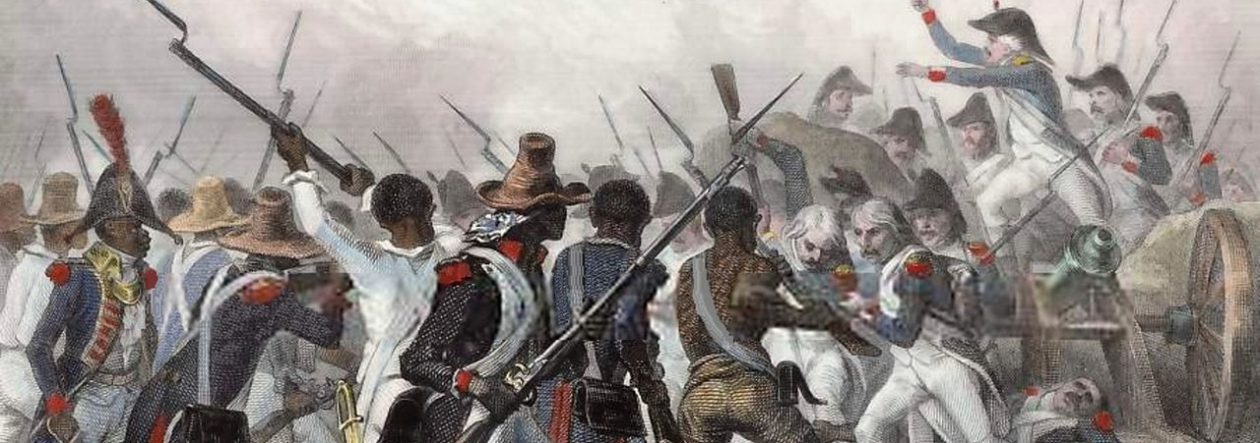Interviewed by Megan King
- Is it fair to see radicalism and great thinking as almost a part of Shelley’s genes?
- To what extent would you say the themes of travel and lost feature in Shelley’s life as well as in her work?
- In what ways was the novel Frankenstein a revolutionary work?
- Should we think of this work as sort of the wider upheavals that were happening in the world during this age of revolution?
- What causes did Shelley go on to support in her life?
- What does her career tell us about how female thinkers and writers participated or influenced historical change?
